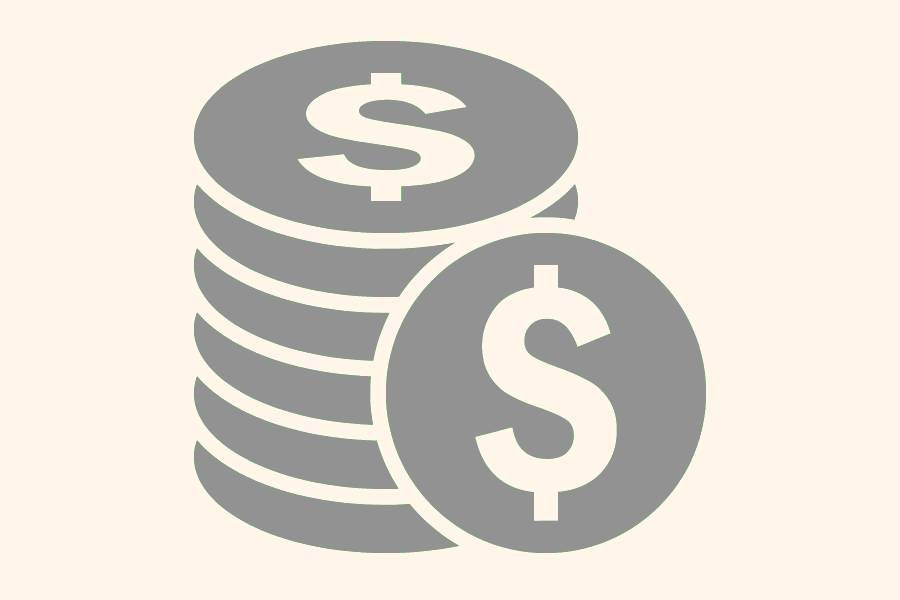It's not a bad idea to throw in a little flamboyance in the midst of prudence. Sitting cosily on foreign exchange reserves of $49 billion allows for a degree of comfort that borders on the complacent. That zealously guarded rainy day chest comprising the heydays of garments exports and an almost inexplicable influx of remittances was the envy of many countries. The warning signs should have been raised as the pandemic bit into both. No one quite knew what to make of growing remittances even during those dark days. Somewhat akin to the as yet unresolved matter of $90 million doing a disappearing act, the obvious was ignored. Expatriate Bangladeshis, fearing the worst, pumped back billions from hard-earned savings. To begin with, they were unwilling to see their money turn into worthless scraps under the shadow of impending tax increases. There was also the factor of the families back home having to cope with the worst economic strife seen for a long while. That this would be turned into positive bytes rather than what it was, did come as somewhat of a surprise. Optimism is to be encouraged but that requires to be tempered, keeping the global horizons in sight. Much was also made of a resurgence in garment exports.
The statistics are sobering. Remittances are down 17 per cent over last year; export volumes are up but the value is low and the combined rake in has paled before the 54 per cent increase in greenback outflow. Imports have swung sharply up and not necessarily in capital goods, as always the positive indice, as food essentials, vaccines and the folly of the more affluent-created unproductive demand. There were stakes claimed from the pot for PPP and infrastructure projects though exact disbursement or figures haven't been made quite public. The generous stimulus packages up to 4.0 per cent of GDP also required funding. With Asian Clearing Union dues, debt servicing and increased appetite for foreign currency the war-chest is slimmer at $44 billion. Call money rates are high so much so that the Central Bank has had to step back from mopping up the market in order not to exacerbate a sudden liquidity issue. Whereas it had to act several times to buy greenbacks to prevent devaluation, the Bank finds itself at the opposing pole with the Taka valued at 84 to the dollar, more at kerb rates.
Further drains are inevitable in the foreseeable future in terms of energy, essential food items and burgeoning international prices. Taxation cuts to relieve pricing pressure on the consumer isn't likely to be cheap and no one will be subsidising interest costs, especially those of foreign loans. The fiscal debt is high without being a cause of too much concern. Nonetheless, the clouds that hang low heading to the end of the year are likely to be the nimbus type. The loans to Sri Lanka and the Maldives aren't likely to be paid back anytime soon. The emerald island has had to be politely turned down on the request for another $25 million. This from a country with a GDP higher than ours that's fast heading towards bankruptcy! It is bizarre to think that a Lankan entity is buying off Rahimafrooz' interests in Agora even as the financial entity, Lanka Bangla looks jittery too.
With cost of living sky-rocketing in the West and the Middle-east having to accept devaluation of their income by pumping out more oil, the immediate prospects of a remittance bump-up appears bleak. The traditional pre-Eid surge will provide more definitive clarity on whether the vaunted targets of $50 billion reserve can or cannot be met. Pressure on growth of non-traditional item exports will be twisting a few arms with the expected demands for incentives as the budget approaches. Given that IT outsourcing will also slow down till the dust settles in Europe, Bangladesh must urgently explore newer markets not just for now but sustainably, into the future. Enough incentives and tax breaks have been given. Allowing forex to be invested overseas hasn't seen enough returns albeit in circumstances that ranged from difficult to absurd. Business takes no prisoners in cut-throat competition. Policies have to be revisited such as curbs on tobacco export through punitive taxation in order to cash in on the sanctions imposed on Russia. At the other end lies the beguiling proposition of cheaper oil imports from Russia to trim the forex bill from traditional source of purchase. The game has changed and we must change to keep in sync. There are difficult decisions to be taken even if it means swallowing humble political pie. It's good to be a little foolish amidst prudence.


